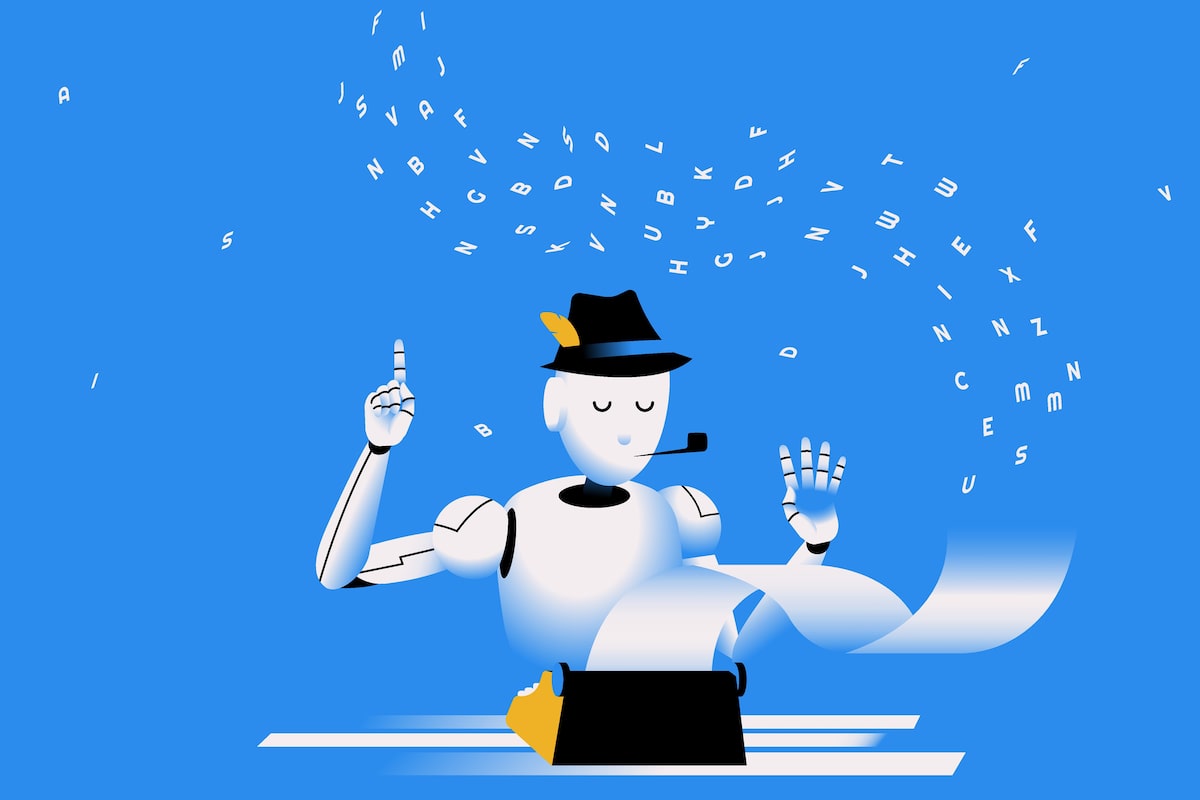Interested in more careers-related content? Check out our new weekly Work Life newsletter. Sent every Monday afternoon.
When we stop exercising, our muscles weaken. Will the same happen to our brains as we embrace artificial intelligence?
That concern gained added attention when a recent MIT media lab study found users of large language models such as ChatGPT “consistently underperformed at neural, linguistic and behavioural levels.”
Ethan Mollick, the Wharton School professor who has emerged as a leading figure keeping tabs on AI for the public, stresses the actual study is much less dramatic than the media coverage. And he reminds us that Plato thought writing would undermine our wisdom.
“But that doesn’t mean we shouldn’t worry about how AI impacts our thinking. After all, a key purpose of technology is to let us outsource work to machines,” he writes on his blog. “And, when we outsource our thinking, we really do lose something.”
Storing phone numbers in a mobile’s memory has reduced our ability to remember them, for example.
He notes AI use can clearly hurt your mental growth when you are trying to learn or synthesize new knowledge. If you outsource your thinking to the new technology instead of doing the work yourself you miss the opportunity to learn. AI is trained to be helpful and answer questions for you, so even if you only ask for guidance you might get an answer.
He also warns against the anchoring effect: Once you see AI’s ideas, it becomes much harder to think outside those boundaries.
“So how do you get AI’s benefits without the brain drain? The key is sequencing. Always generate your own ideas before turning to AI. Write them down, no matter how rough. Just as group brainstorming works best when people think individually first, you need to capture your unique perspective before AI’s suggestions can anchor you,” he says.
Then use AI to push ideas further. An example: “Combine ideas No. 3 and No. 7 in an extreme way.” After you get the answer, he recommends this nudge: “Even more extreme.” Or, an oddball prompt to spark unusual notions, “Use superheroes as inspiration to make the idea even more interesting.”
He avoids AI in writing first drafts. Then he feeds his draft into various AI models asking them to act like a reader: “Was this unclear at any point, and how, specifically could I clarify the text for a non-technical reader?”
Also, he asks it to be an editor: “I don’t like how this section ends, can you give me 20 versions of endings that might fit better.”
Neuroscientist and blogger Anne-Laure Le Cunff echoes that approach in her prescription to avoid ChatGPT rotting your brain: Write first and then bring in AI to refine later. Other tips:
Stay actively involved: Don’t let AI do all the thinking. “Use it to support your process such as brainstorming ideas and rephrasing sentences, but make sure you’re still wrestling with the core concepts yourself. That sense of effort is a signal you’re learning,” she writes on her Ness Labs blog.Use AI to challenge your thinking, not replace it: You want it to poke holes in your arguments or suggest counterpoints. Prompts she recommends: “What am I missing?” or “Do you notice any illogical statement here?”Be mindful of over-reliance: The more you lean on AI to handle entire tasks, the less you may remember how to do them yourself. She acknowledges that is fine for some tasks but wrong for other situations. Be intentional: If there’s something you’d like to keep on being able to do yourself, guard against over-reliance.
Marketing consultant Ann Handley loves the way AI had helped to speed up her writing by finding information fast but even more she appreciates that it gives her space to “think longer and weirder and to follow side-thoughts and tangents.”
She can more easily draw connections she might have blown past in her quest for productivity. “My brain sometimes acts like a raccoon on cocaine: Rushing around in a frenzy to call this thing DONE instead of going a little bit slower and a little bit deeper. Paradoxically, the fast tech of AI helps me slow down,” she writes on her blog.
Ms. Le Cunff, the neuroscientist, sums it up: “The real question isn’t whether you should use AI, but how you use it. Like any tool, it can either sharpen or dull your skills depending on your approach. Keep your brain in the loop and AI can be a powerful partner instead of a crutch.”
Quick hits
Emergencies should be rare, advises time management specialist Laura Vanderkam. If emergencies routinely occur – for example, regularly missing meetings because something just came up – you need to make a change in your systems and processes. Even in jobs known for emergencies, she notes, there are standard processes in place to limit last-minute scrambling. Career coach Jenny Wood says in her newsletter instead of asking yourself whether you are ready to leave your current job ask if you are building what you need to make that jump. Grow your skills, visibility and relationships so you will have something to land on. Nobody has it figured out, insists author Mark Manson. Every confident person still feels insecure. Every successful person still fails. Every happy person still struggles.
Harvey Schachter is a Kingston-based writer specializing in management issues. He, along with Sheelagh Whittaker, former CEO of both EDS Canada and Cancom, are the authors of When Harvey Didn’t Meet Sheelagh: Emails on Leadership.

